
A joint initiative by Deutsche Welle (DW) and Channels Academy has concluded a week-long environmental journalism training for young Nigerian
Fill in your details below to register for a programme
March 25th, 2025
17th - 21st December 2024
17th - 21st November 2025
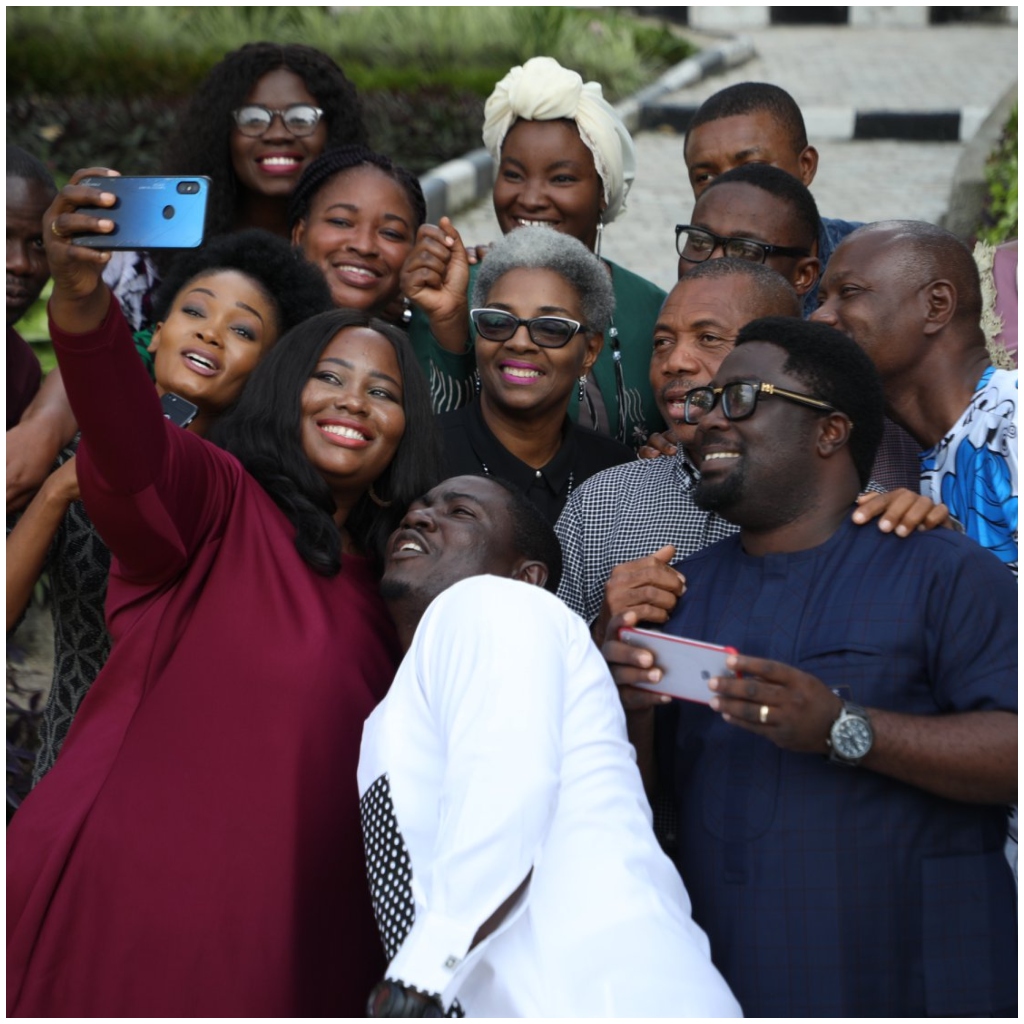
Our goal is to empower aspiring media professionals through innovative, hybrid hands-on training that combines cutting-edge digital technology with real-world practical experience. We do so by developing confident, adaptable, and socially responsible media practitioners ready to excel in today’s dynamic media landscape
Fill in your details below to register for a programme








A joint initiative by Deutsche Welle (DW) and Channels Academy has concluded a week-long environmental journalism training for young Nigerian
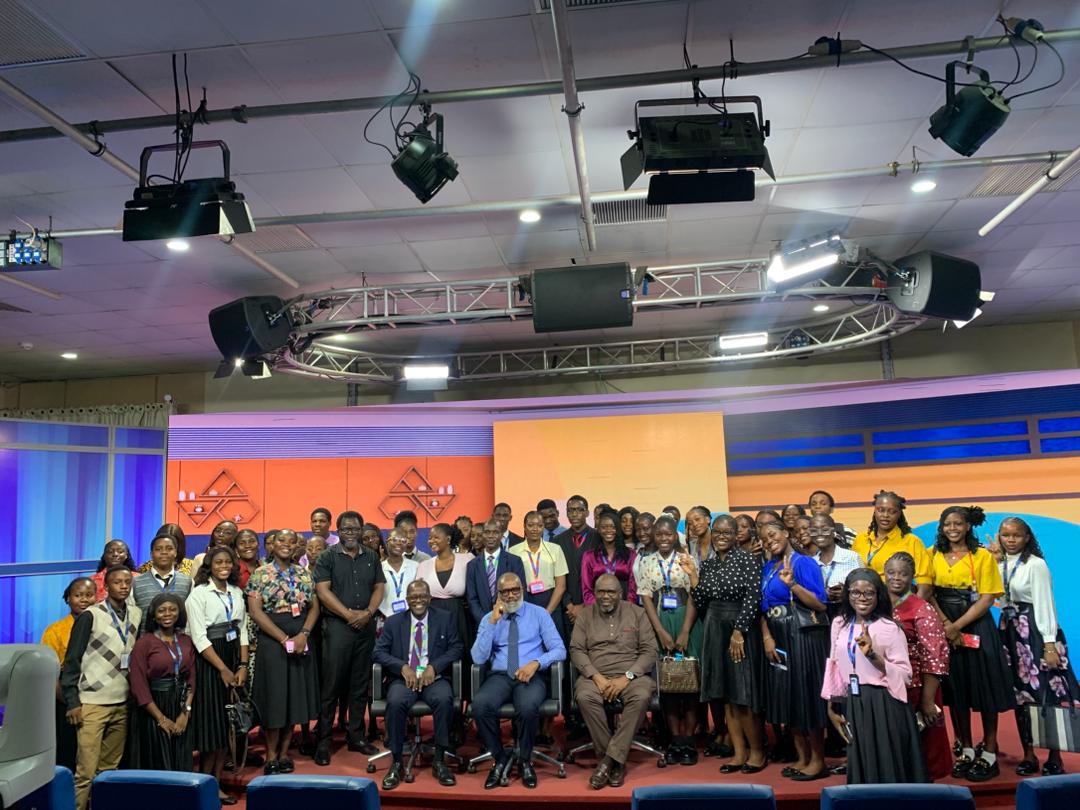
In a significant move to bridge the gap between academic theory and industry practice, a delegation of students from the
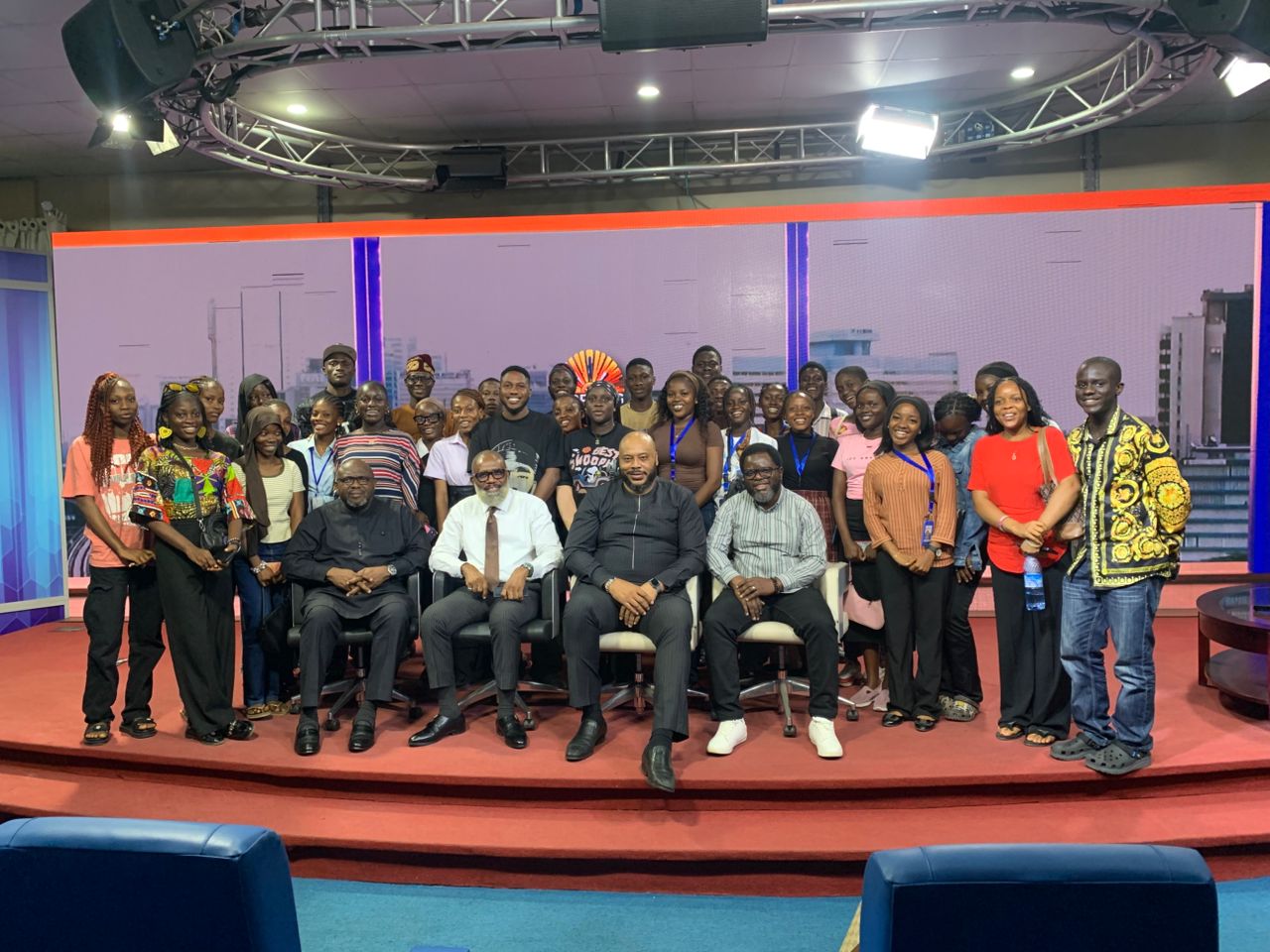
In an educational excursion aimed at bridging classroom knowledge with real-world media practice, the 100-level Media and Communication students of
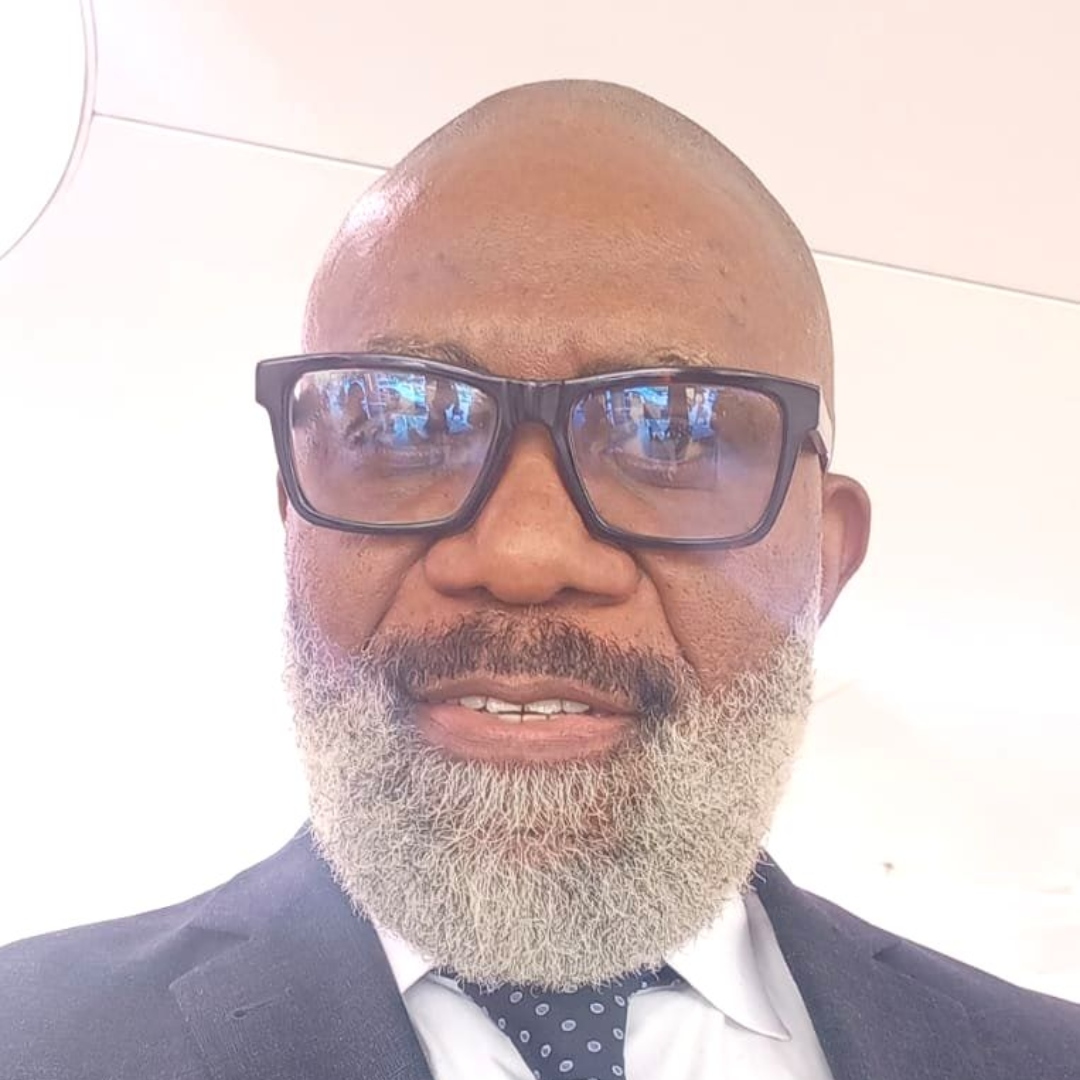
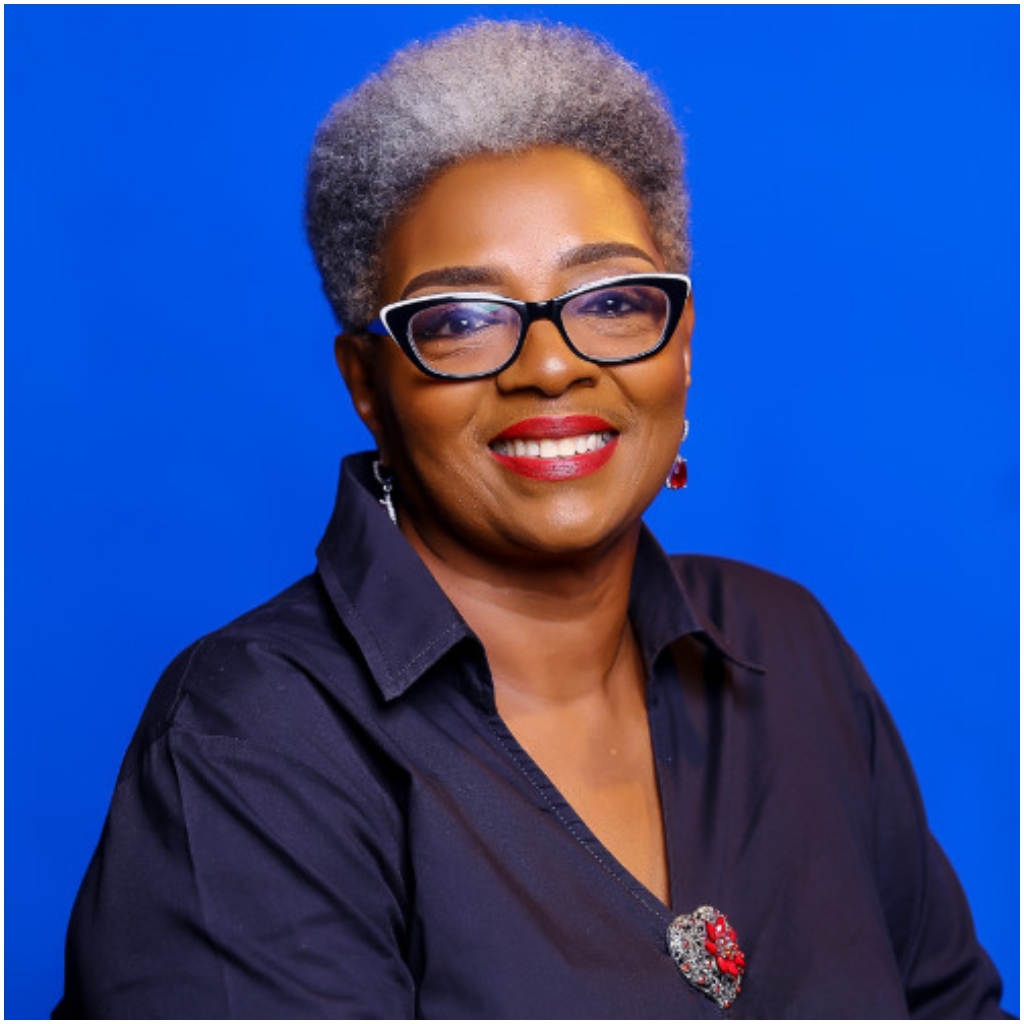
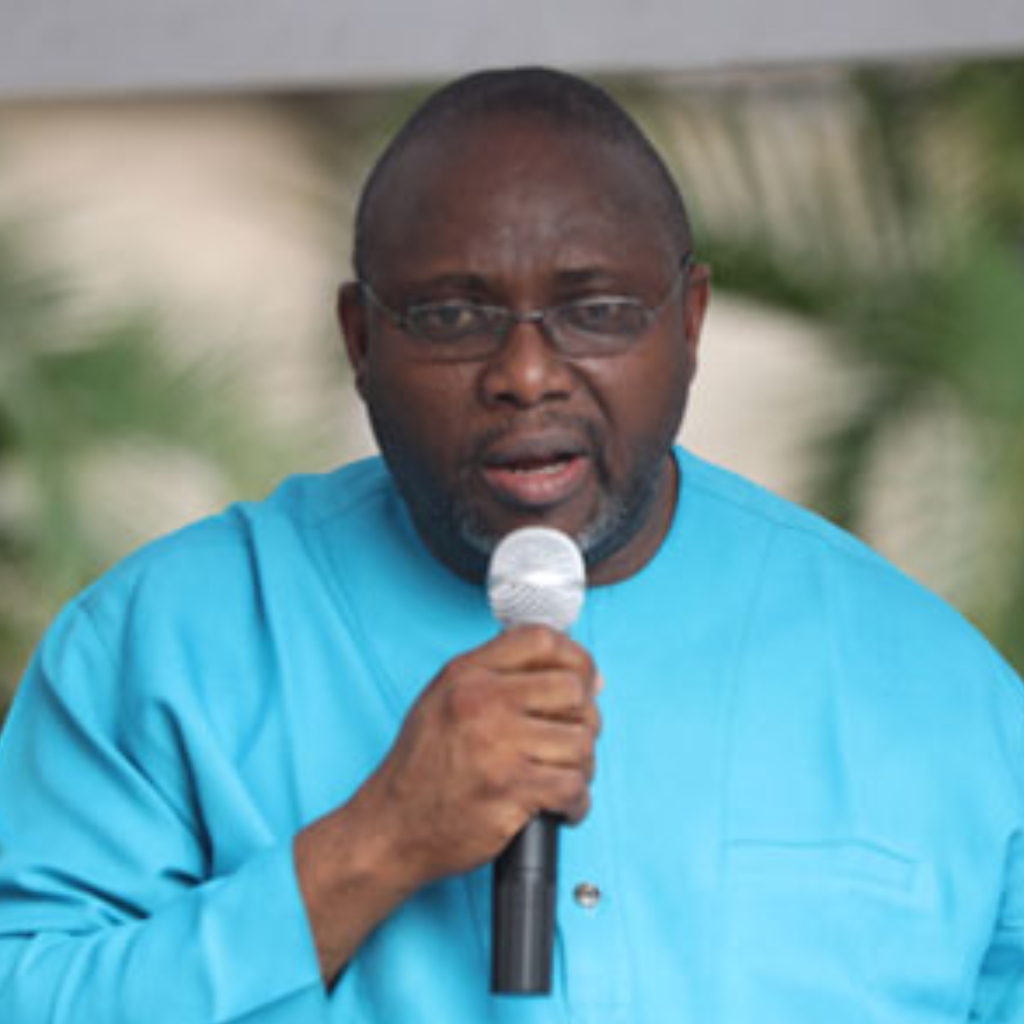
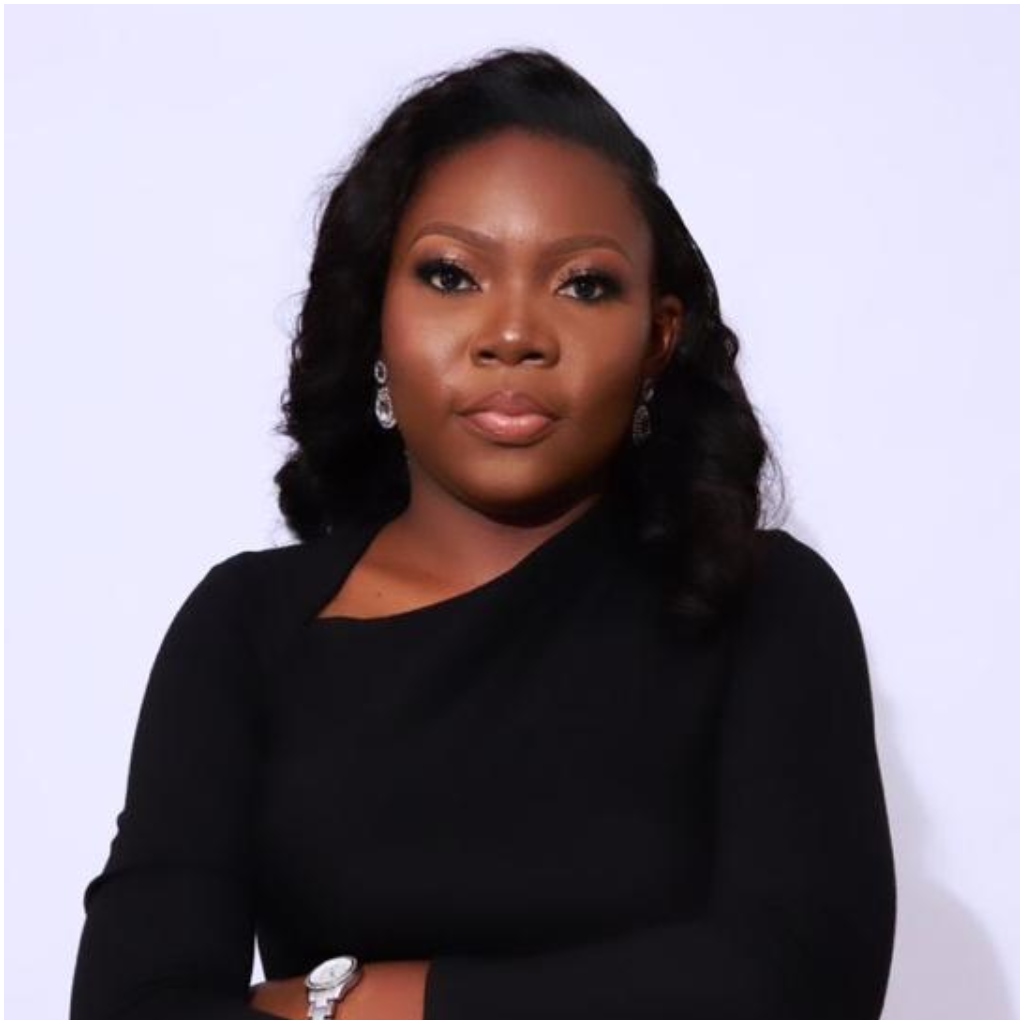


It was a great Privilege to have Channels Academy show us what Broadcast Media is,Their emphasis on thorough hands on training changed my perception about Broadcasting in general.I am grateful for the opportunity to have learnt a lot.
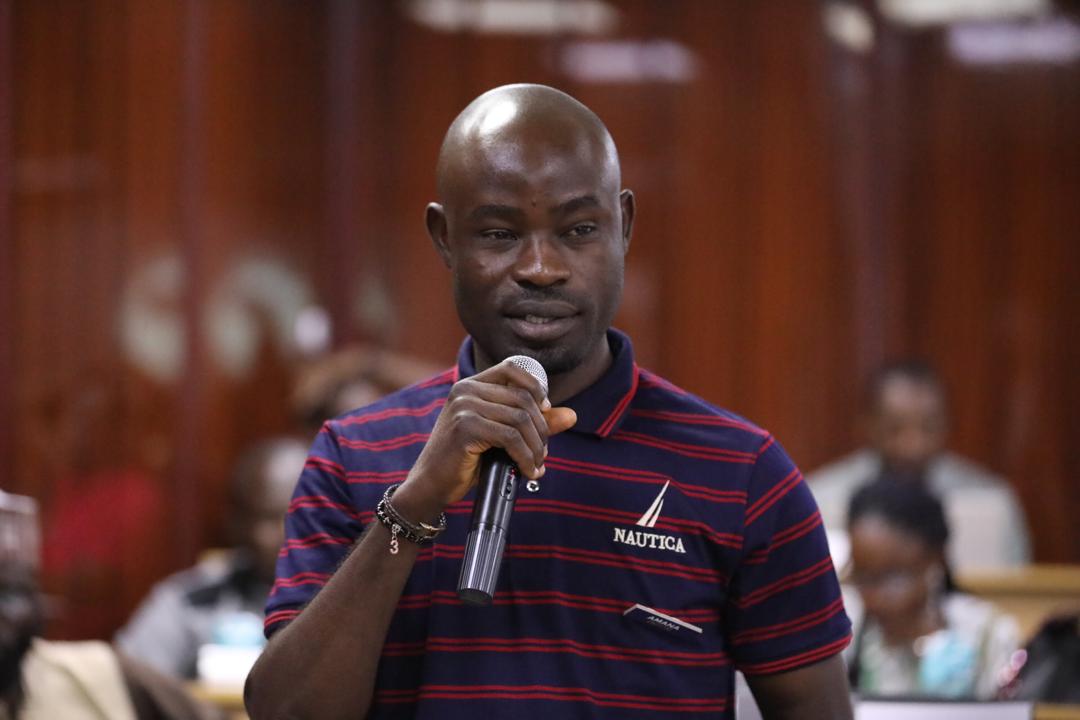
Aside the fact that the training was a total success, the trainers are excellent and were able answer all questions asked and delivered their assigned courses in a well explanatory and interesting. For me, i got MANY takeaways from the training from Media Ethics & The Firewall, Branding, Monetization of online Social Media platforms, the super interesting debate on gender sensitive reportage among other knowledgeable feeds i got. F Thank you USAGM || VOA || Channels Academy || Our Instructors.
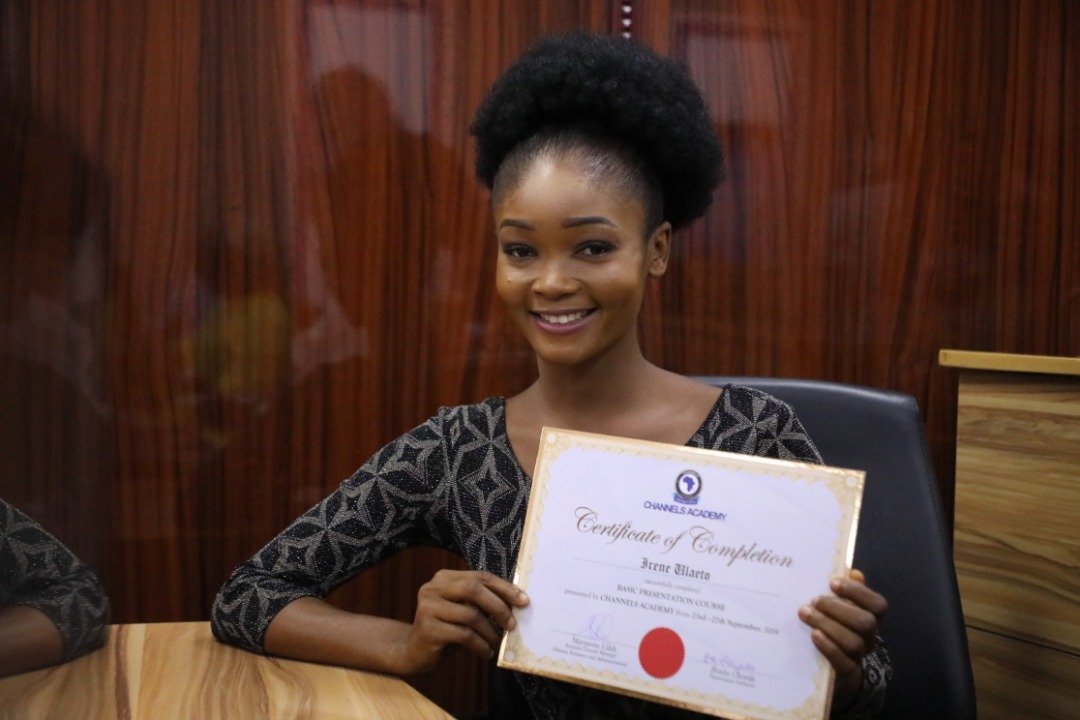
After my training in Channels Academy I got to know a whole lot of things on TV Presentation and Broadcasting, the training was really an eye-opener, when I got back to resume work in the establishment I work for (BCS STARCROSS TELEVISION) I created a tremendous impact and change that prompted my Managing Director to order for an increment in my salary. I also had to train and teach others the Professional way of News reporting. I want to say a big thank you to Channels TV Academy for the well packaged training which had open a new chapter for some of us to follow. Thank you
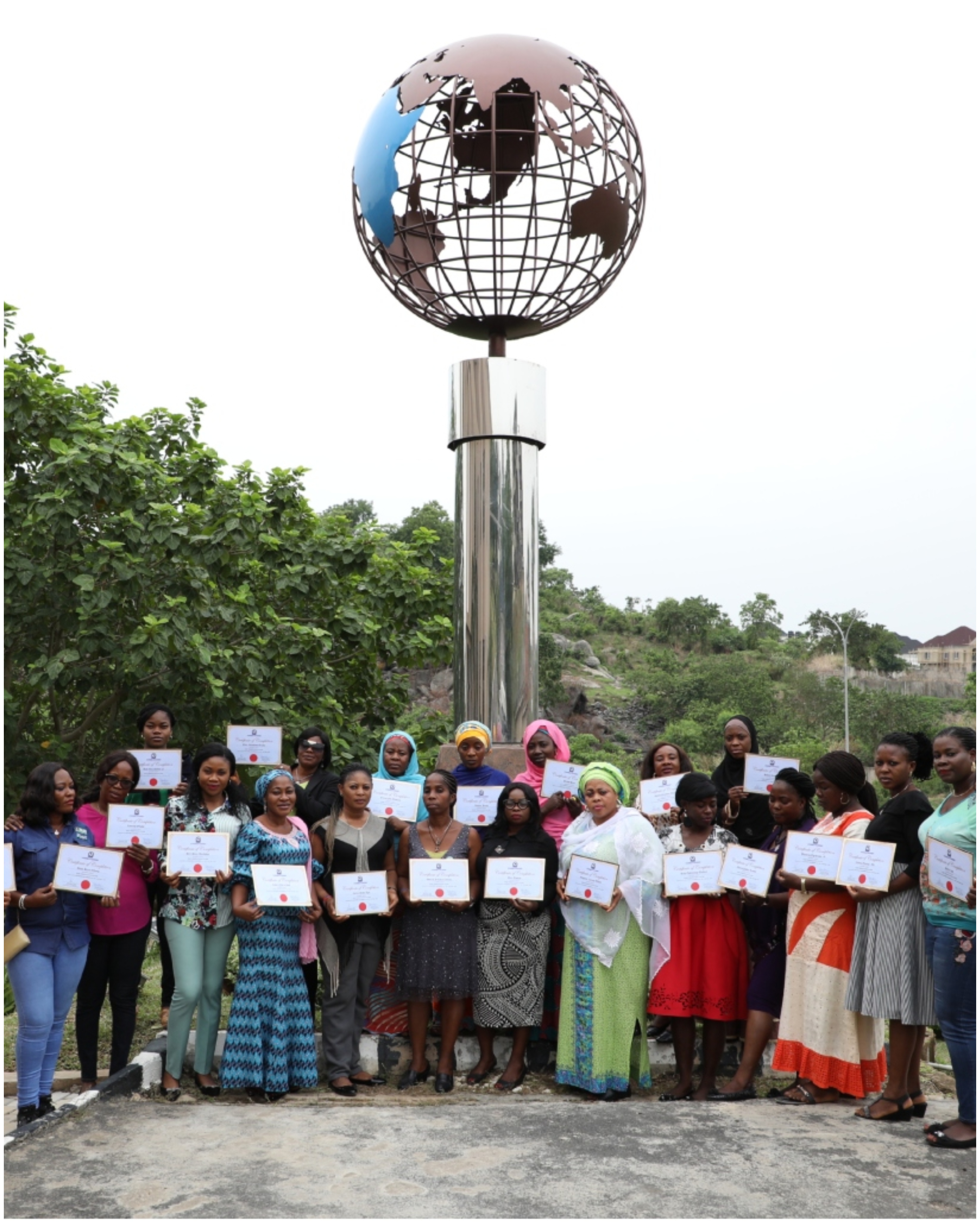
You will be the first to know about our latest happenings.